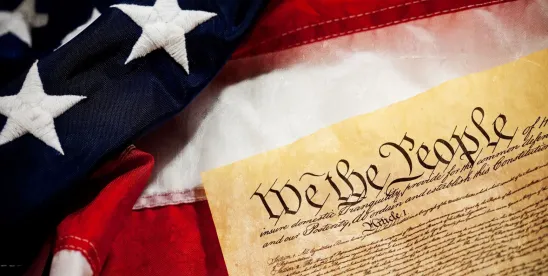In a unanimous decision earlier this month, the Ninth Circuit ruled that a provision in Montana’s Robocall Statute restricting political messages was unconstitutional. In doing so, the court overturned a district court ruling that found for the state on summary judgment.
In Victory Processing v. Fox, a political consulting firm filed suit against the Attorney General for the State of Montana, alleging that Montana’s prohibition against political robocalls violated its First Amendment rights. The statute at issue, Montana Code section 45-8-216, specifically prohibited five categories of robocalls, including those: “(a) offering goods or services for sale; (b) conveying information on goods or services in soliciting sales or purchases; (c) soliciting information; (d) gathering data or statistics; or (e) promoting a political campaign or any use related to a political campaign.” It was that final provision that Victory Processing alleged was violative of the First Amendment as an invalid content-based restriction on speech.
The Ninth Circuit agreed. While recognizing that Montana had a compelling state interest in protecting the privacy interests of its citizens from automated unwanted calls, the Court ultimately found that Montana’s Robocall Statute was not narrowly tailored enough to advance this state interest. The Court used the Fourth Circuit’s analysis in Cahaly v. Larosa to support its holding. In Cahaly, the Fourth Circuit held that a similar statute prohibiting political robocalls was not narrowly tailored to address the state’s compelling governmental interest because it was both overinclusive and underinclusive.
The Ninth Circuit came to the same conclusion. Specifically, it found that Montana’s Robocall Statute was underinclusive because it singled out “only five topics of robocalling for regulation … leav[ing] customers open to an ‘unlimited proliferation’ of robocalls on other topics.” At the same time, it found Montana’s Robocall Statute to be overinclusive because the State was unable to show how political robocalls pose a greater threat to privacy that warrants singling them out. Therefore, while Montana demonstrated it had a compelling state interest to regulate these calls, its prohibition on political robocalls was not narrowly tailored to address this compelling state interest.





 />i
/>i

